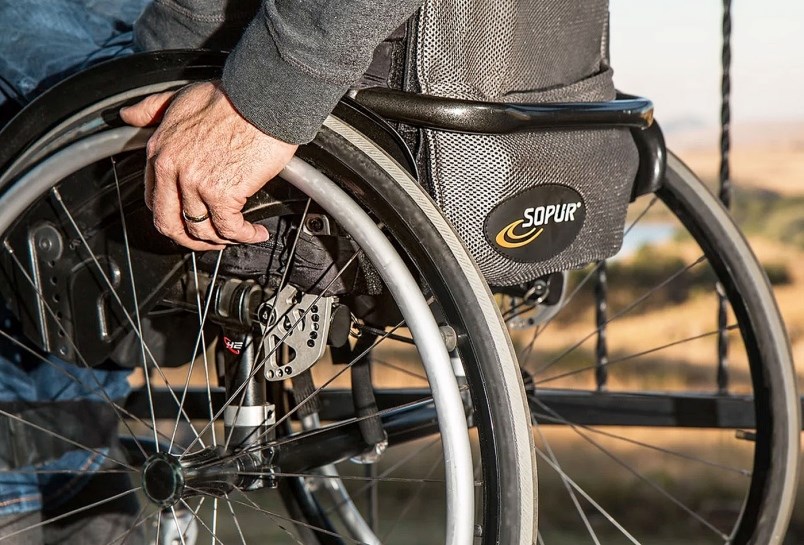Workforce participation is an important success factor behind economic growth.
Statistics from the Government of Canada highlight that 62 per cent of Canadians with disabilities have jobs, compared with 78 per cent of Canadians without disabilities. Not only that, but persons with disabilities tend to have lower-paying jobs with less stability, limited benefits and fewer chances for career growth.
While not everyone with a disability is able to work, many can with the right conditions in place. For this to happen, employment must be accessible and inclusive to all.
This summer, the federal government launched an employment strategy, and further committed to removing barriers, changing old beliefs and creating a workforce in Canada where everyone can succeed. In line with the Disability Inclusion Action Plan and the Accessible Canada Act, the vision of this strategy is to guide Employment and Social Development Canada in helping people with disabilities in the job market. Informed by the principle of "Nothing Without Us," this strategy draws on feedback from people with lived experience.
It is critical that all inclusivity and accessibility strategies are led by people with lived experience. In creating meaningful opportunities to work within Canada, we can’t effectively develop solutions for persons with disabilities unless they are actively contributing to them.
Lived experience expertise creates success. When a workforce reflects its constituency in terms of diversity, it is more likely to serve its constituency well. When end-users – in this case people with disabilities – are meaningfully involved in the envisioning, designing, testing and validation of a product or solution, it leads to superior results.
Praxis Spinal Cord Institute is putting this concept into practise by hiring people with lived experience of spinal cord injuries (SCI) to advise on the development of novel solutions for people with SCI and other conditions. Currently, 35 early-stage companies are working on solutions, and 13 products have been brought to market. Through Praxis’ innovation program, these companies work with persons with lived experience of SCI as testers, validators, advisors, and potential customers, to ensure that the products and services being developed are aligned with the real needs of this population. Advice from individuals with SCI provides critical insights into the usability of new technologies and increases the likelihood that solutions will be effective, practical and truly beneficial.
We know that diversity is a strength in society and business. Disability is a part of diversity.
People, including those with disabilities, work and live in different ways. Living life with a disability requires a degree of creativity, flexibility and resilience, all important skills people with disabilities bring to the job. Organizations must foster an open and inclusive mindset and cultivate working environments that enable persons with disabilities to flourish. A successful employer actively and intentionally welcomes diversity, where difference is not only normalized, but valued.
I have a spinal cord injury, but this is only one part of my story. I am also a mom, grandma, teacher, advocate and mentor. My professional background includes elected official, co-chairing B.C.’s Provincial Accessibility Committee, serving as a board director for Interior Health Authority, and working with Canadian SCI networks, research teams and funders to improve the lives and health of people with SCI. Living with my injury has brought me valuable knowledge and skills – and even wisdom – that I bring to all of my work.
More than 25 per cent of Canadians identify as having a disability and living with a disability can be a lot of work. For example, people living with SCI face daily challenges that include managing pressure injuries, temperature control issues and handling neuropathic pain, to navigating limited transportation options and attitudinal barriers.
To fully remove workplace barriers, we need to change our thinking around disability. We must recognize disability as a strength, intentionally seek out disabled employees, and then make the way clear for them to do their best work.
Spring Hawes is the regional PLEX engagement liaison at the Praxis Spinal Cord Institute, a Vancouver-based organization that advances SCI research and innovation worldwide.




